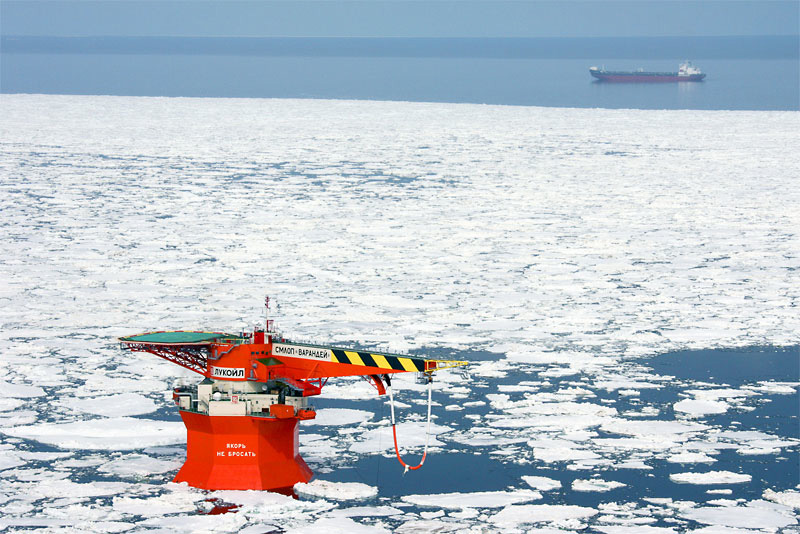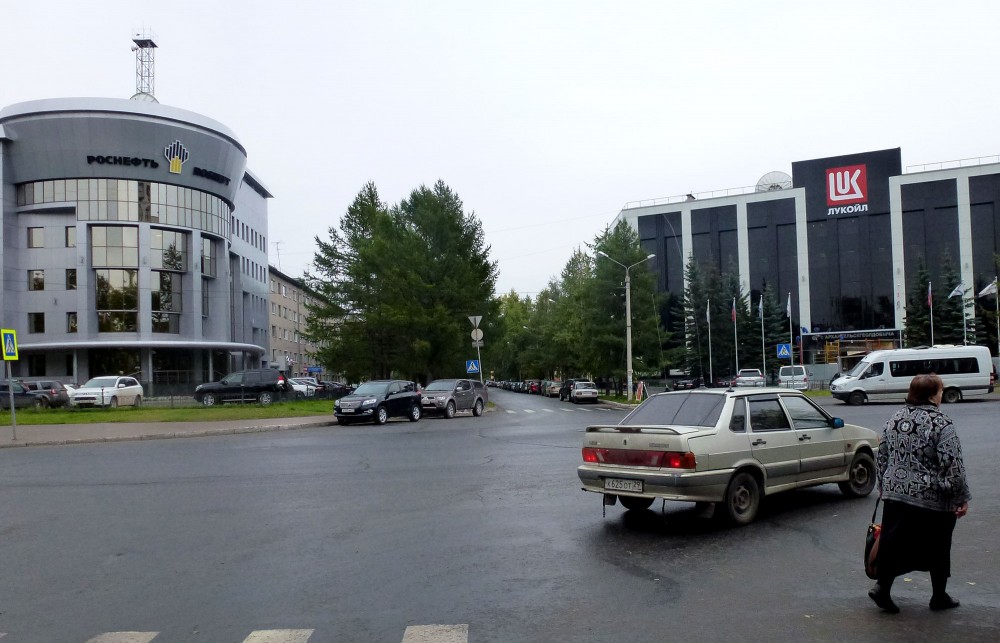Lukoil takes Arctic oil shipping dispute with Rosneft to Russia’s Supreme Court
Russia's two largest oil companies have been fighting over fees at an Arctic terminal since 2018.

Russia’s two biggest oil companies, Lukoil and Rosneft, are preparing for a legal battle over transportation of Arctic oil in the country’s highest court.
The conflict between the companies has raged since 2018 when state-owned Rosneft complained to the Federal Antimonopoly Service about Lukoil’s tariff level on shipments from Varandey, the terminal on the coast of the Pechora Sea.
According to Rosneft, the tariff level in Varandey is inflated and should be reduced by more than 50 percent. Lukoil disputes the claim, but has lost the case in lower courts. The case will now be taken to the Supreme Court, Kommersant reports.
At the core of the dispute are the Titov and Trebs oil fields in the far northern Nenets Autonomous Okrug. The fields are operated by Bashneft-Polyus, a company controlled by Rosneft, and oil is exported through Lukoil’s Varandey terminal.
Lukoil owns a 24.9 percent stake in the Bashneft-Polyus.
Over the years, Rosneft has become increasingly displeased with its partner, and its price on services at Varandey.
Lukoil is charging $38 per ton of oil shipped out from Varandey. But Rosneft demands that the price is reduced to only $18 per ton. Lukoil is reportedly only ready to offer a $10 per ton discount.
In a sign of protest, Rosneft reduced production in the Titov and Trebs fields by more than half, resulting in a significant drop in shipments at Varandey. In 2017, a total of 8.2 million tons of oil was handled at the terminal. In 2020, the volume was only 4.9 million tons, figures from the Russian Association of Seaports show
The Varandey terminal was built by Lukoil in 2008 and has an annual capacity of 12 million tons. The terminal is located in shallow Arctic waters 21 kilometers from the coast. A fleet of ice-class tankers shuttle the oil to terminal facilities in Murmansk. The Varandey terminal is connected by pipeline to several of Lukoil’s fields in the area, among them the Yuzhno-Khilchuyu field.
